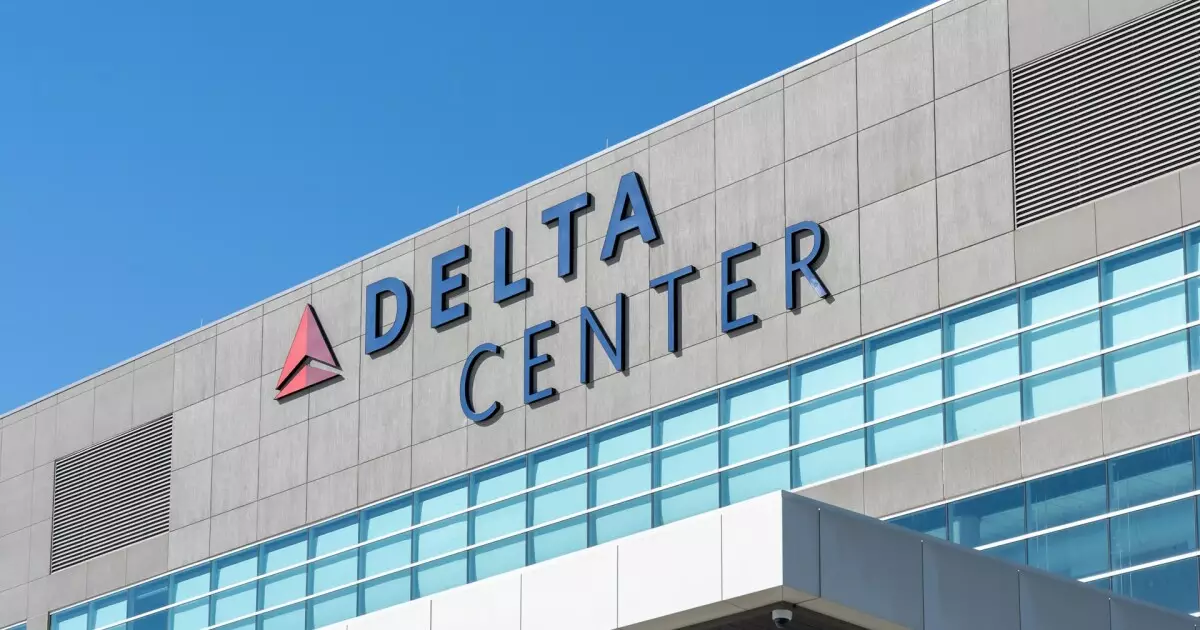In a significant move for Salt Lake City’s economic landscape, the city council has recently greenlighted an agreement that paves the way for up to $900 million in bonds aimed at the renovation of a major league sports arena, along with the enhancement of a downtown district. This ambitious initiative relies on a projected increase in revenue generated from a modest hike in the city’s sales tax, which will rise by half a percent over the next 30 years.
The newly approved tax adjustment is set to take effect on January 1, 2024, and while the increase will enhance the city’s sales tax from 7.75% to 8.25%, it strategically avoids adding to essential consumer goods like groceries as well as larger purchases such as vehicles and boats. This element not only softens the potential backlash from local residents but sets a sustained and reliable foundation for financing the proposed developments.
A critical factor in facilitating this financing arrangement was the enactment of a law in Utah in 2024, which allowed for innovative debt financing models and the local sales tax increase. This legislative framework led to the establishment of an Oversight Revitalization Zone Committee – a body formed to monitor and guide concepts like the current bond issuance. This proactive approach appears to encapsulate a modern strategy to urban redevelopment, engaging both public and private sectors in a collaborative effort to uplift the local economy.
The financial structure outlined in the participation agreement allocates substantial funds for various enhancements, including $525 million earmarked for renovations to the Delta Center—home to the NBA’s Utah Jazz and the recently acquired NHL Utah Hockey Club—and $375 million set aside for the broader sports, entertainment, culture, and convention district. Such investments aim not only to transform the urban landscape but also to solidify Salt Lake City’s reputation as a central hub for sports and entertainment in the region.
However, the agreement has not been without contention. As the city council deliberated, input from local residents reflected a mix of optimism and skepticism. While many look forward to the potential revitalization and its accompanying economic benefits, others expressed concerns about the long-term ramifications of increased taxation and the accountability of such substantial public investments. Notably, a former mayor has announced plans to pursue a voter referendum, signaling a need for broader public discourse and oversight.
Council Chair Victoria Petro acknowledged the importance of transparency and vigilance as the city embarks on this long-term project, emphasizing that the infrastructure established through the participation agreement provides a sustainable framework for accountability. “Anything this large, anything this momentous, will require continuous vigilance,” she asserted, encapsulating the sentiment that while the potential for revitalization is promising, it is essential to remain engaged with the community throughout the process.
As Salt Lake City moves forward with these ambitious plans, the overarching vision remains clear: to transform the downtown area into a vibrant epicenter for entertainment and cultural experiences. With the potential infusion of $1.2 billion into the local economy over the next three decades, residents and city officials alike have reasons to remain hopeful about the economic resurgence that this revitalization effort may bring. The success of this venture will ultimately hinge on balancing expansive development with community involvement and address the legitimate concerns raised throughout this public process.

